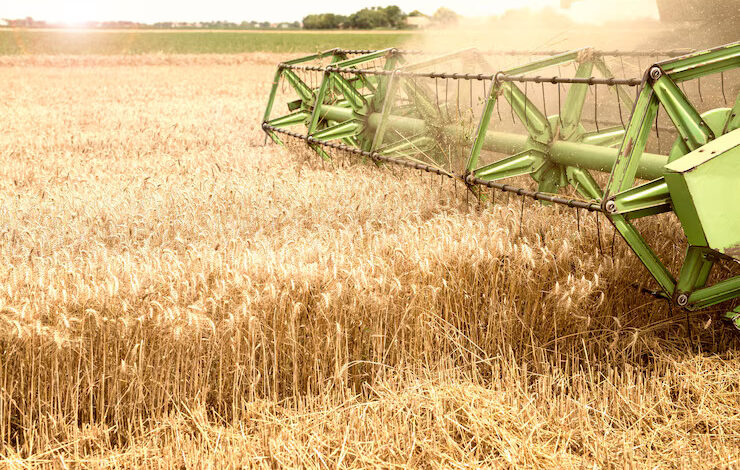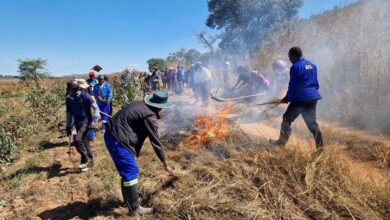Mashonaland East Makes Strong Progress Toward 22,500ha Wheat Target

Mashonaland East Province is making encouraging strides in its 2025 winter wheat farming season, with over 15,000 hectares already planted out of a targeted 22,500 hectares. Provincial authorities remain confident that the goal will be reached as farmers continue to respond positively to ongoing support initiatives.
During a recent assessment tour of wheat farms in Marondera District, Acting Provincial Director for Agriculture and Rural Development Advisory Services, Mr Calisto Masiwa, expressed satisfaction with the current crop conditions. His visit included Chiparawe Farm in Ward 23, where he inspected wheat fields and engaged directly with farmers.
Speaking to Zimpapers during the tour, Mr Masiwa said, “I am assessing wheat farmers, and we are really impressed by the crop that we saw here. As a province, we are targeting 22,500 hectares, and we have done three quarters of our target so far.”
The impressive progress is being driven by a combination of factors, including input support through the Presidential Inputs Programme and ongoing irrigation assistance from the Agricultural and Rural Development Authority (ARDA). Both initiatives have contributed significantly to improved access to essential farming resources such as seed and fertilisers.
Mr Masiwa also encouraged farmers across the province to complete planting within the optimal window to ensure a successful harvest.
“Our message to wheat farmers for now is to quickly finish planting. So far, the farmers that we visited are doing well,” he said.
Wheat farming remains a key focus of Zimbabwe’s agricultural transformation strategy, particularly under the National Development Strategy 1 (NDS1), which emphasises food self-sufficiency and the expansion of irrigation to reduce reliance on rain-fed agriculture.
With more farmers taking advantage of government support programmes and embracing timely planting practices, Mashonaland East is positioning itself as a major contributor to national wheat output this season. If the current pace continues, the province could play a crucial role in helping the country reduce wheat imports and achieve greater food security.




